Laser Therapy for Frozen Shoulder and Shoulder Pain
Frozen Shoulder and Shoulder Pain Treatment
We know that frozen shoulder can affect 3 % to 5% of the population at any one time. It seems to affect women more than men. A majority of time there is no known cause and therefore is oftentimes referred to as “idiopathic”. We know that a person who develops a frozen shoulder is 20% more likely to develop a frozen shoulder again on the other side. People suffering from Diabetes, Parkinson’s disease, heart disease, and other medical conditions seem to be at a higher risk of developing a frozen shoulder but so far the reasons for that are unknown.
The hallmark symptoms of a frozen shoulder are pain in the affected shoulder and arm that can be debilitating. Also progressive loss of range of motion of the shoulder especially when raising the arm in front of you, raising the arm at your side, and trying to reach your arm behind your back. Simple activities of daily living become very challenging.
What Causes Frozen Shoulder Syndrome?
- Frozen Shoulder Syndrome can develop when you stop using the shoulder joint because of pain or injury.
- It also can develop in patients suffering from chronic conditions such as Diabetes, heart disease, thyroid conditions, stroke, and others.
- Your risk of developing Frozen Shoulder Syndrome also increases after certain medical procedures such as a mastectomy or shoulder surgery.
- In fact any shoulder problem that causes pain and loss of range of motion is at risk of further development into a frozen shoulder.
Frozen Shoulder Syndrome usually begins with soreness and pain in the shoulder and upper arm. This pain prevents you from moving your arm. Lack of movement leads to stiffness and decreases in normal ranges of motion. Over time, you eventually become unable to do simple movements such as reaching over your head or behind you. The pain can become so significant that over-the-counter pain medications do not work and your sleep becomes disrupted.
Conventional Medical Treatment
Conventional medical treatments for Frozen Shoulder Syndrome usually includes an aggressive combination of anti-inflammatory medication, cortisone injection(s) into the shoulder and physical therapy treatments. In most cases, a frozen shoulder is resistant to traditional treatment causing physicians to recommend release of the scar tissue by arthroscopic surgery or manipulation of the scarred shoulder under anesthesia. Sometimes when following such an aggressive treatment plan shoulder mobility and function may be improved, but often times it is not.
If you look deeply at the effectiveness of these standard medical interventions they are actually quite low. We have seen physical therapy recommended for many months at a time. This was even after cortisone injections, oral prescription drugs, and even manipulation under anesthesia. We have heard numerous stories from patients who gave up on physical therapy because it actually made their condition worse.
We all know that prescription drugs can carry potentially dangerous side effects and that surgical interventions can carry significant risks as well.
Advanced Laser Therapy for Frozen Shoulder
At Art of Health Chiropractic, the doctors will focus on pain reduction in the shoulder and improving range of motion in the affected shoulder.
Class IV Deep Tissue Laser Therapy - Pain reduction and healing of the soft tissue is accomplished via laser therapy.
With the laser, we are able to accelerate the body's natural healing process, increase blood flow to the affected area, decrease pain, and work to remodel the scar tissue.
Acute shoulder pain treatments usually take 4-6 visits for significant improvement, while chronic conditions may take more time.
Myofascial Therapy
Myofascial Release - As your pain begins to decrease through the use of the laser treatments, the doctors will begin to implement several different muscle and fascia techniques to help improve your range of motion.
Dr. Callie Gant and Dr. Michael Buczynski founded Art of Health Chiropractic with the goal of creating a happier, healthier Nashville. Feel free to call the office at 615-953-7544 with any questions or to schedule your first appointment.


